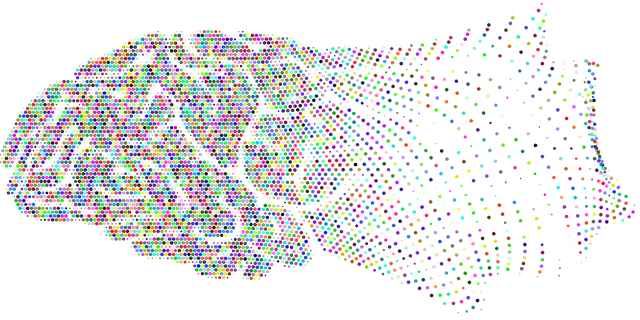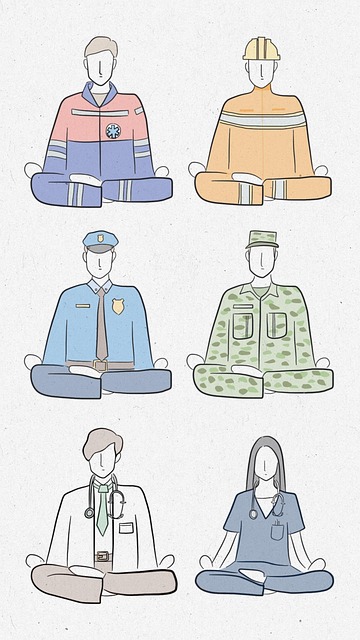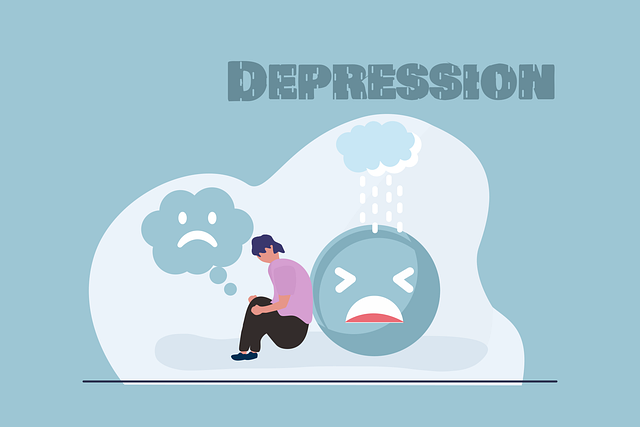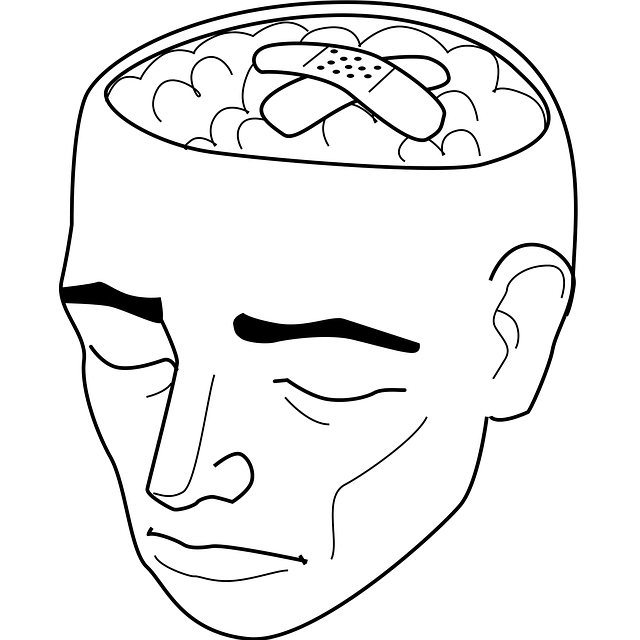The media plays a significant role in shaping public perception of mental health, particularly for men, by perpetuating or challenging stereotypes. Westminster Men's Issues Therapy (WMIT) addresses this issue through specialized support tailored to male clients, focusing on trauma, stress disorders, and substance abuse. WMIT advocates for accurate and empathetic mental health representation in media, collaborating with experts to dispel stereotypes, normalize therapy, and reduce stigma. Their partnership with media outlets facilitates sensitive storytelling, crisis intervention guidance, and practical techniques, empowering viewers to address their mental health concerns effectively.
“Uncovering the power of media in shaping public perception, this article explores the impact of mental illness representation and offers a comprehensive solution. We delve into the understanding that media portrayal significantly influences mental health awareness, especially for males. Introducing Westminster Men’s Issues Therapy as a tailored approach, we highlight its effectiveness in addressing complex challenges. Furthermore, we present strategies for accurate and compassionate media representation, emphasizing the vital role of community collaboration to foster positive change.”
- Understanding the Impact of Media Portrayal on Mental Health Awareness
- Westminster Men's Issues Therapy: A Tailored Approach to a Complex Problem
- Strategies for Accurate and Compassionate Mental Illness Representation
- Fostering Positive Change: The Role of Media and Community Collaboration
Understanding the Impact of Media Portrayal on Mental Health Awareness

The media plays a significant role in shaping public perception and understanding of mental health issues. Accurate and empathetic representation can significantly impact the way individuals, especially men, view their own emotional well-being and seek professional help when needed. Unfortunately, historical portrayals in media often perpetuate harmful stereotypes surrounding mental illness, adding to the existing stigma faced by those struggling with their mental health. This can make it more challenging for men to openly discuss their feelings and access appropriate therapy services, such as those offered at Westminster Mens Issues Therapy.
Positive changes are underway as increased awareness and advocacy drive more nuanced storytelling. By showcasing diverse characters grappling with mental illness in authentic ways, media can contribute to stigma reduction efforts. This shift encourages self-esteem improvement and emotional well-being promotion techniques for audiences, including men who might previously have been deterred from engaging with their mental health due to societal expectations.
Westminster Men's Issues Therapy: A Tailored Approach to a Complex Problem

Westminster Men’s Issues Therapy takes a tailored approach to address complex mental health challenges faced by men, offering specialized support for a demographic often underrepresented in traditional therapy settings. This innovative program recognizes that men may experience unique barriers to seeking help, such as societal expectations and stigma surrounding emotional vulnerability. By providing a safe and supportive environment, the therapy focuses on understanding and managing specific issues prevalent among men, including trauma, stress-related disorders, and substance abuse.
The tailored approach involves integrating various evidence-based practices and emotional healing processes to cater to individual needs. This may include cognitive-behavioral therapy, mindfulness techniques, and group support sessions, all designed to enhance mental wellness coaching programs development. The therapy encourages men to explore their emotions, process traumatic experiences, and develop healthy coping mechanisms, fostering a holistic improvement in their overall well-being.
Strategies for Accurate and Compassionate Mental Illness Representation

Accurate and compassionate mental illness representation in media is crucial for fostering understanding and reducing stigma, areas where Westminster Mens Issues Therapy has been at the forefront of progress. To achieve this, media outlets should consult with mental health professionals during production to ensure stories are factually correct and sensitive to various conditions. Incorporating diverse narratives that reflect the lived experiences of individuals with mental illness can help dispel harmful stereotypes and promote empathy among viewers.
Additionally, showcasing characters undergoing effective treatment, including therapy sessions and support groups, normalizes seeking help. This is further emphasized through the integration of trauma support services within storylines, recognizing the significant impact of past traumas on mental health. Such representations contribute to the Risk Assessment for Mental Health Professionals, ensuring that media reflects best practices while also initiating Mental Illness Stigma Reduction Efforts.
Fostering Positive Change: The Role of Media and Community Collaboration

Media has a significant role in shaping public perception about mental health issues. By collaborating with communities and experts like those at Westminster Mens Issues Therapy, media can foster positive change. This partnership ensures that stories about mental illness are told accurately and sensitively, promoting understanding and reducing stigma.
Through collaborative efforts, media outlets can organize and highlight initiatives such as Stress Management Workshops, provide practical Conflict Resolution Techniques, and offer Crisis Intervention Guidance. Such collaborations not only enrich content but also empower viewers by offering valuable resources and information on where to seek help for mental health concerns.
The representation of mental illness in media has a profound impact on societal perceptions and awareness. By implementing tailored strategies, such as the innovative practices at Westminster Men’s Issues Therapy, we can challenge negative stereotypes and foster positive change. Accurate and compassionate media portrayal, coupled with community collaboration, is crucial in promoting understanding and supporting those affected by mental health issues. This comprehensive approach ensures that representation moves beyond mere storytelling to enable real-world improvements in mental health services and overall societal acceptance.












